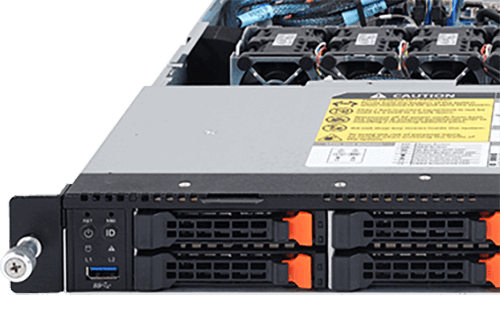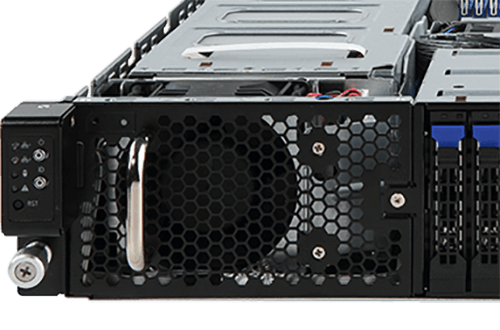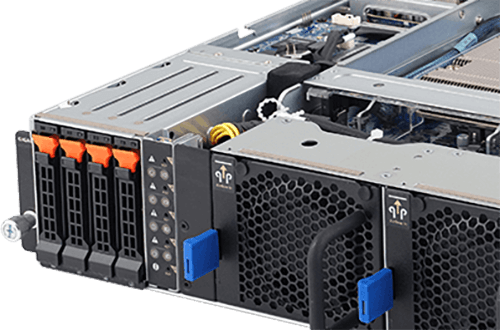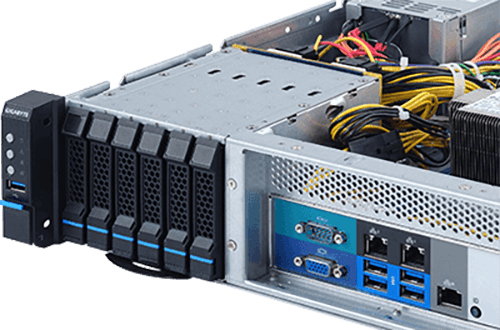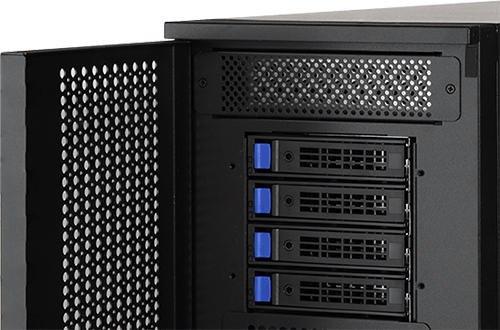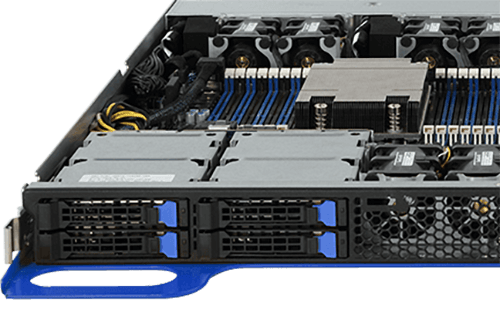Hybrid Cloud
What is it?
A hybrid cloud is a computing environment that combines on-premises virtualized compute / storage / networking resources (a "private cloud") together with "public cloud" resources (compute / storage / networking resources provided by third parties such as Amazon Web Services, Microsoft Azure or Google Cloud), and allows data and applications to be shared between the two.
Why do you need it?
While public cloud services can allow companies to greatly reduce the costs of building and running their own hardware infrastructure and allow them to flexibly scale resource use as needed (adopting a "pay on demand" usage model), many companies require setting up a private cloud environment to protect and control their own sensitive data – allowing sensitive data to be controlled by third parties can present many risks. In addition, it can often be unclear where data or applications running on a public cloud are actually physically located, which can be problematic for adhering to data protection regulations such as the GDPR (General Data Protection Regulations) applying to EU member states.
A hybrid cloud can present the best of both environments – companies can keep their core data or sensitive applications on premises, but when temporary resource use or demand exceeds their on-premises infrastructure capabilities, their users can utilize public cloud resources. This temporary scale up is called "cloud bursting". Public clouds can also be flexibly used for basic and non-sensitive computing tasks or data storage, while business-critical applications and data can stay safely behind a company firewall on the private cloud.
How is GIGABYTE helpful?
Although a hybrid cloud can offer the advantages of public and private clouds, the potential downside can be the increased complexity of managing and connecting different cloud platforms. However, GIGABYTE has formed a close partnership with InfinitesSoft, integrating their Cloud Fusion software platform with our hardware to offer customers a hybrid cloud solution that can seamlessly integrate and manage both private and public cloud services.
Cloud Fusion forms a key part of GIGABYTE's AI-Stack. The AI-Stack features a private cloud, virtualizing CPU resources (for Big Data analytics) and GPU resources (for AI training) and linking them together with a software defined storage cluster. The AI-Stack also seamlessly connects with public cloud services, allowing you to utilize a public cloud's advantages to acquire Big Data for AI training, and provide micro-services outward once your AI model has been trained and ready to deploy.







